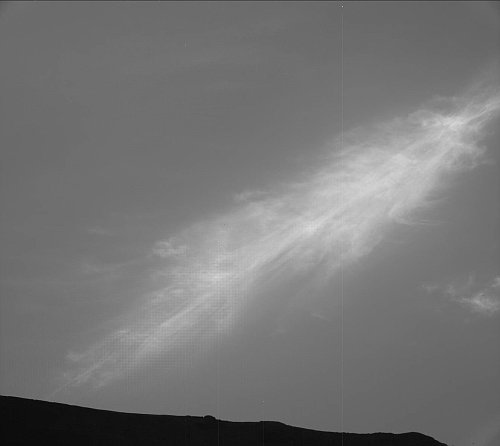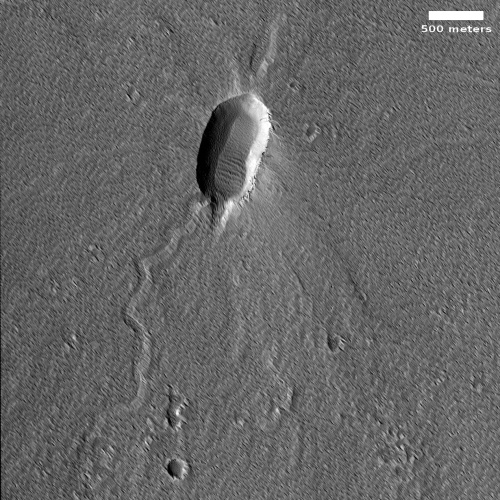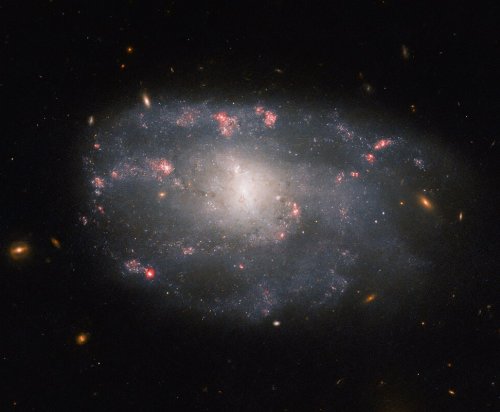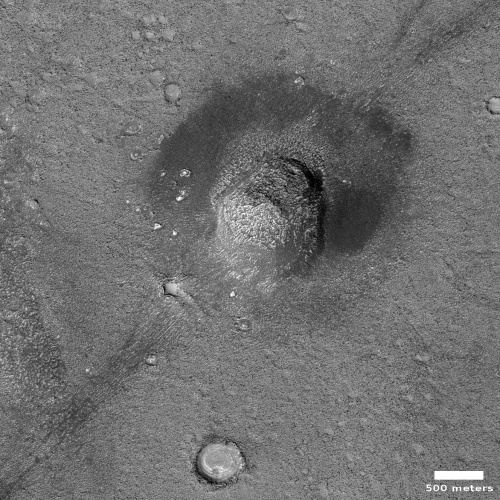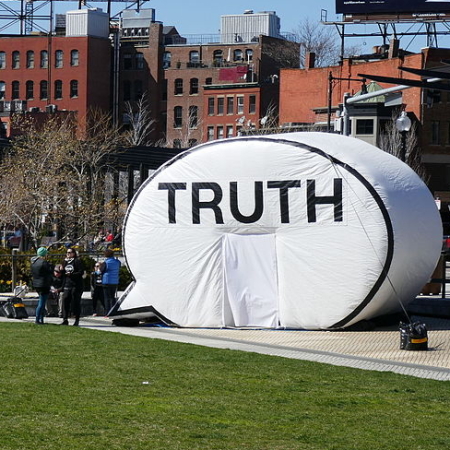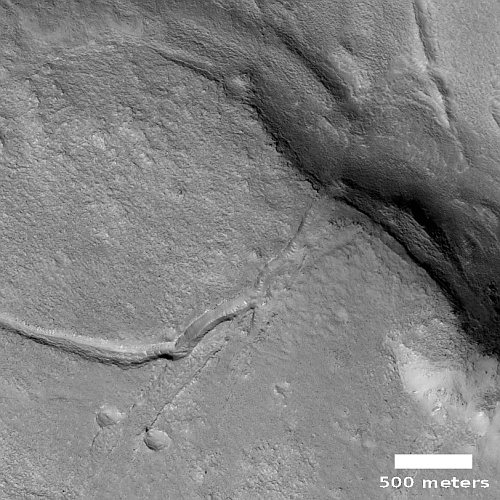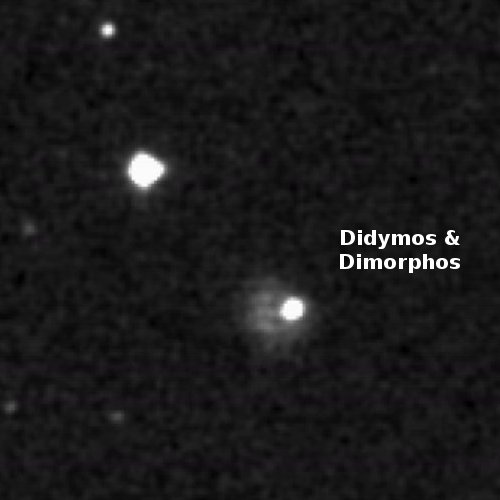America’s blacklist culture: Republican in Florida proposes bill to regulate speech

Jason Brodeur: Republican politician in love with
restricting free speech
They’re coming for you next: The desire of people in our culture today to control and regulate the behavior of everyone else is not a partisan thing. Though the Democrats and their leftist allies have certainly led the way in blacklisting, censoring, and destroying anyone who disagrees with them, Republican politicians are just as likely to try to use their power to squelch opposition, and should never be trusted either.
Today we have a perfect example of this non-partisan lust for power. On March 7, 2023, Florida Republican state senator Jason Brodeur introduced a bill that would amend state law to require all websites to register with the government if they made any money reporting on government actions.
You can read the bill here. The underlined portions are the sections that Brodeur wishes to add to the law. The key paragraphs state the following:
» Read more

Jason Brodeur: Republican politician in love with
restricting free speech
They’re coming for you next: The desire of people in our culture today to control and regulate the behavior of everyone else is not a partisan thing. Though the Democrats and their leftist allies have certainly led the way in blacklisting, censoring, and destroying anyone who disagrees with them, Republican politicians are just as likely to try to use their power to squelch opposition, and should never be trusted either.
Today we have a perfect example of this non-partisan lust for power. On March 7, 2023, Florida Republican state senator Jason Brodeur introduced a bill that would amend state law to require all websites to register with the government if they made any money reporting on government actions.
You can read the bill here. The underlined portions are the sections that Brodeur wishes to add to the law. The key paragraphs state the following:
» Read more



